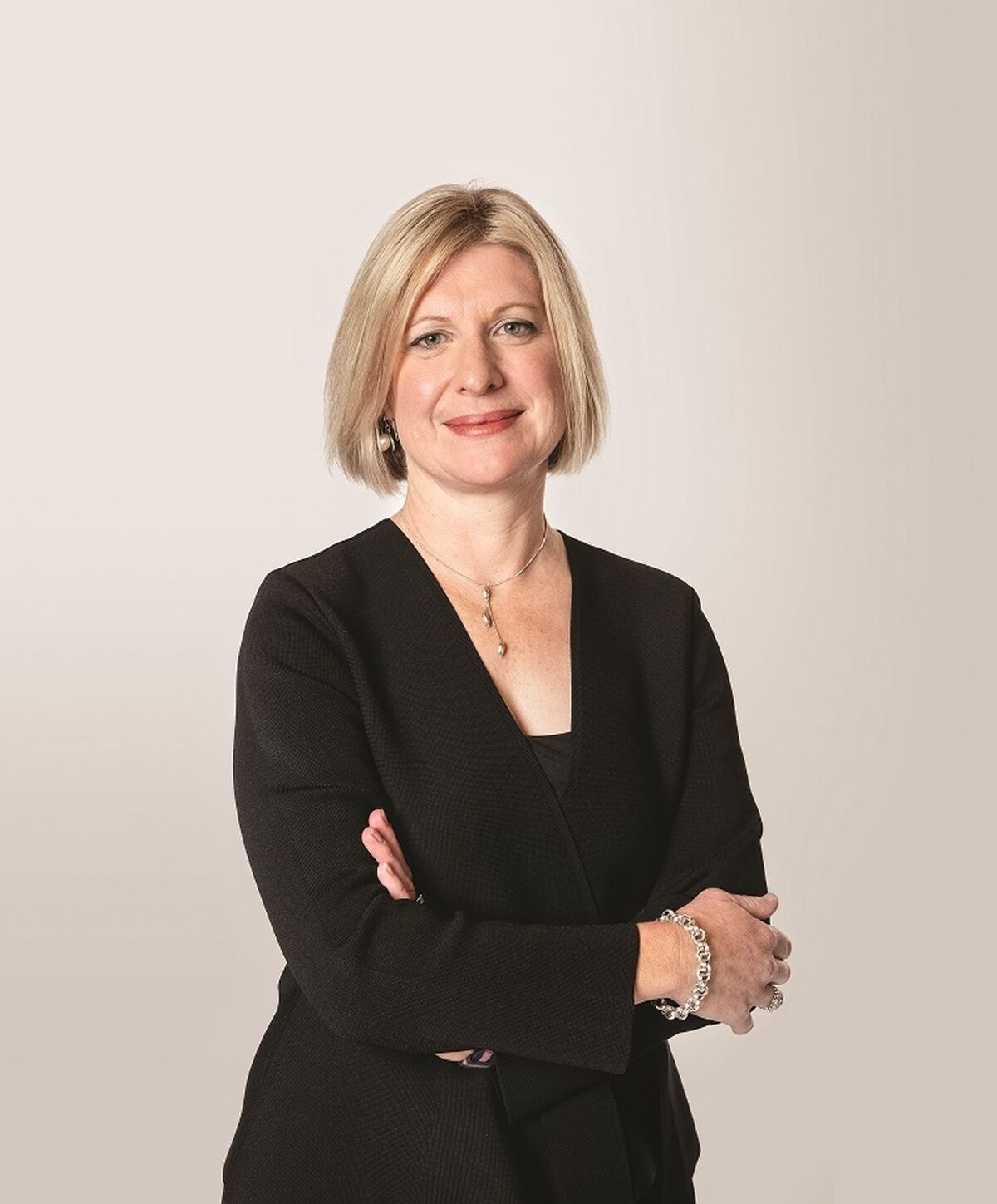On this page:
The Ombudsman's view

"The effects of Omicron may be reflected in early 2022, and we will be watching case numbers as the effects hit at the same time as we anticipate more companies to initiate debt collection and disconnection."
Case numbers dropped in the last quarter of 2021 and were down against the same quarter in 2020. It is not unusual for case numbers to decline toward the end of the calendar year, however, the long-term trend downwards in EWOV case numbers is evident, despite the significant issues in the Victorian community, such as utility affordability exacerbated by the COVID-19 pandemic.
The most recent Omicron variant has resulted in a notable increase of COVID-19 cases in Victoria, starting in late 2021 and escalating into 2022, having an impact on all parts of life, from the ability to work and more time working from home to supply chains disruptions. The effects of Omicron are unlikely to be reflected in our end-of-year data, but may be reflected in early 2022, and we will be watching case numbers as the effects hit at the same time as we anticipate more companies to initiate debt collection and disconnection. We go into more detail about debt collection and disconnection in the Issues watch section of this publication.
Our outreach and engagement activity has also been affected by COVID-19 again. We briefly restarted face-to-face outreach activity before the Omicron wave took hold and COVID-19 case numbers began to rise. We look forward to returning in-person to the community soon; in the meantime, we will continue working with our community partners to ensure we hear about their customers so we can respond to their concerns, and identify any trends in customer experience that could inform our conversations with regulators, policy makers and industry.
We delve into all this and more in the latest edition of Reflect. As always, you can find more data relating to our casework in the Data Hub.